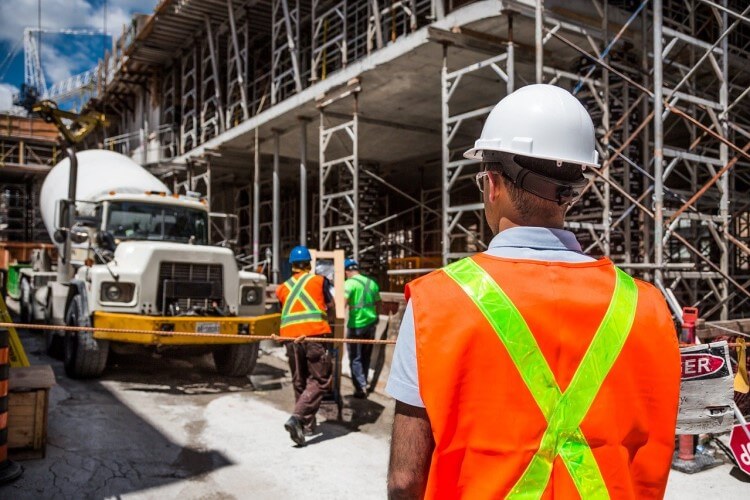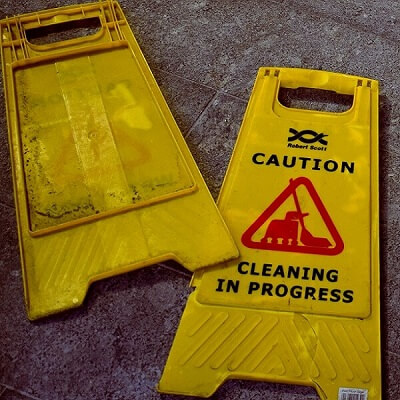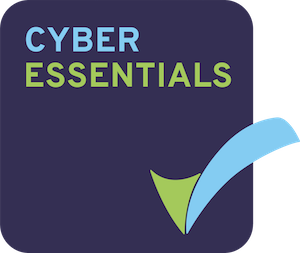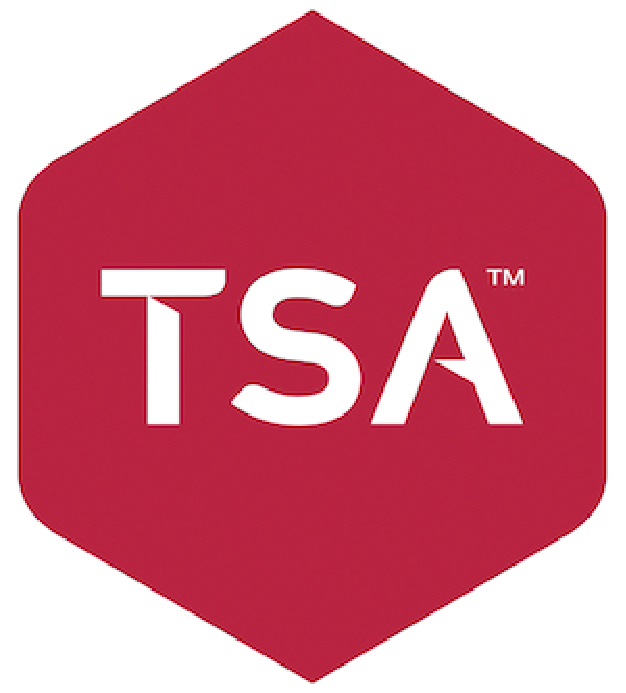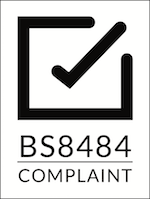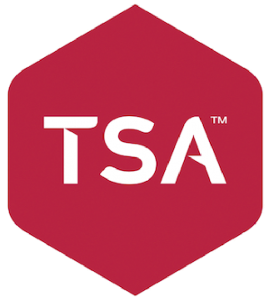Workshops are busy, often cluttered places. At times, there can be more than a dozen projects on the go at a time. Furthermore, you will often find yourself under strict deadlines, which means that health and safety may become a secondary concern. However, it is crucial that you remain mindful of common workshop hazards.
What is a Hazard?
Health and Safety guidance defines a hazard as anything likely to cause harm. It may not have harmed anyone yet, but it should be recognised as being capable of doing so. This could be an object, or it may be a task. Workplaces are likely to have multiple hazards. Risk assessments will specify the nature of the hazard and the likelihood of it causing harm.
Common Workshop Hazards
There are many potential hazards in a workshop, as can be found listed in the Health and Safety Executive’s (HSE) official guidance. Equipment may be faulty, there may be loose litter on the floor, or a worker may suffer a lapse of focus. These are all examples of hazards.
Poor Ventilation
Operating in a workshop environment often means you will spend all day surrounded by sawdust, chemical fumes, and/or sparks. If the workshop is not adequately ventilated, workers may end up encountering light-headedness. Prolonged exposure to certain chemicals may also lead to health problems later in life. Moreover, a poorly ventilated workplace is likely to become very warm very quickly. Sustained excess heat can lead to fainting.
Unattended Equipment
When workers have multiple projects to complete, they tend to use more than one piece of equipment at a time. A common workshop hazard is equipment being left unattended when operational. Accidents can happen easily, and workers tend to be on the receiving end. An unattended piece of equipment may tip, slip, or break, all of which may cause damage to objects or people.
Clutter
Workshops are busy places, and with so many projects on the go there may often be materials and tools left lying around. This clutter can pose workshop hazards, as it increases the likelihood of tripping or catching your hand on sharp objects. A messy workplace is often a hazardous workplace. These hazards may also include trailing cables from equipment or tools dropped on the floor.
Shocks and Burns
These workshop hazards are most common when equipment is faulty or mishandled. Workers should have adequate training with the equipment they are required to use, and tools should be regularly maintained to avoid accidents. Exposed wiring on tools and equipment put workers in harm’s way. Similarly, many pieces of equipment can get hot with prolonged use. A misplaced tool could result in a worker burning themselves when moving it.
Lone Working
Sometimes, workshop staff end up working on a project alone. This may be due to overtime or staff shortages. Alternatively, it may be that the area of the workshop they are working in lacks other occupants. Lone working can be a workshop hazard for all the reasons listed above, coupled with the lack of supervision. If an accident occurs, a lone worker needs to be able to call for help.
Lone Alarms for Lone Workers
Whilst you may do everything in your power to eliminate or address workshop hazards, there is never a guarantee that accidents will not happen. When they do, it is comforting to know there are systems in place to look after your wellbeing. This is especially true if you are a lone worker.
Lone Alarms are ideal for protecting employees. At the press of a button, an alert is broadcast to a 24/7 Monitoring Centre. The team speak with the worker over the alarm’s built-in loudspeaker, ascertaining the nature of the accident. They then inform any emergency contacts – such as employers or on-staff first aiders – and, if necessary, the emergency services.
Our Lone Alarms are also fitted with GPS locators and fall detectors to ensure help is always available to workers who need it.
To find out more about our products, check out our Features page. If you have any further questions, please do not hesitate to get in touch. You can reach us using our simple form, or give our friendly team a call on 0800 03 08 222.
Editor’s Note: This article was updated on 29th November 2023 to reflect current information.


